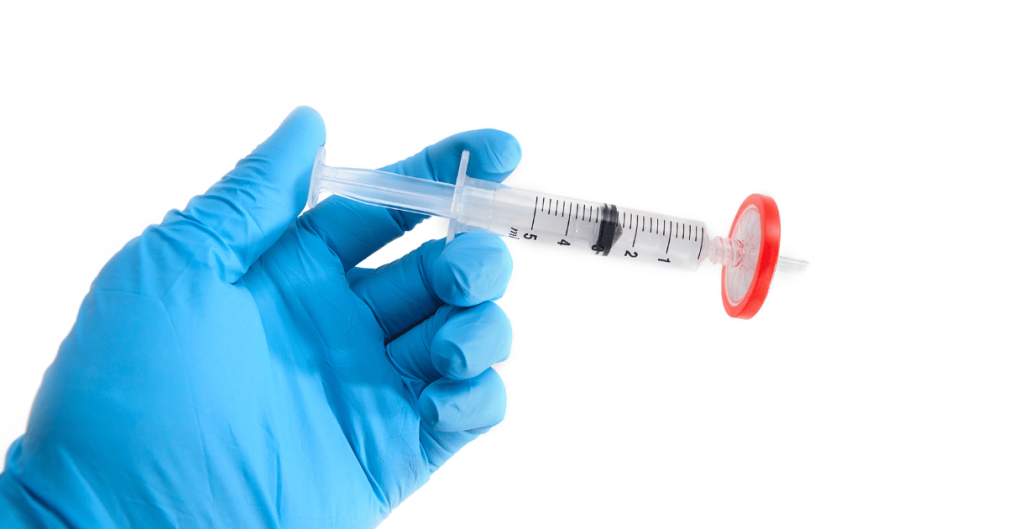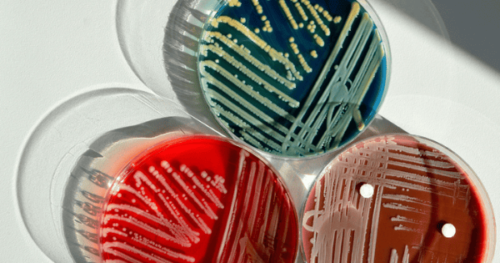Syringe filters stand as indispensable tools in diverse laboratory and research applications, ensuring precise and dependable filtration. The market offers a variety of syringe filter types, each meticulously crafted to cater to specific filtration needs. Below, we explore 10 widely used types of syringe filters:
1. Nylon Syringe Filters:
Crafted from nylon membranes, these filters boast high chemical resistance and durability. They find applications in filtering both aqueous and organic solvents.
2. PTFE (Polytetrafluoroethylene) Syringe Filters:
Known for their hydrophobic nature and chemical resistance, PTFE filters excel in filtering aggressive solvents, strong acids, bases, and are frequently utilized for air and gas filtration.
3. PVDF (Polyvinylidene Fluoride) Syringe Filters:
With excellent chemical compatibility, PVDF filters are ideal for filtering aqueous and organic solvents. They are commonly employed in protein and biological sample filtration.
4. PES (Polyethersulfone) Syringe Filters:
Featuring low protein binding properties, PES filters are well-suited for filtering proteinaceous solutions and biological samples. Their resistance to high temperatures makes them suitable for sterilization.
5. Cellulose Acetate Syringe Filters:
Used in general laboratory applications, these filters are suitable for filtering aqueous solutions. They exhibit low protein binding and are commonly utilized in biological and environmental analyses.
6. Glass Fiber Syringe Filters:
Tailored for highly viscous samples and those with large particulate matter, glass fiber filters are prevalent in environmental monitoring and water analysis.
7. Regenerated Cellulose (RC) Syringe Filters:
RC filters exhibit excellent solvent resistance, making them common choices for organic solvent filtration and sterilization applications.
8. Mixed Cellulose Ester Syringe Filters:
Offering a blend of cellulose acetate and cellulose nitrate properties, these filters are versatile and find applications in general laboratory filtration.
9. Anopore Inorganic Syringe Filters:
Composed of inorganic aluminum oxide, these filters serve specialized purposes requiring fine particle filtration and microbiological analysis.
10. Syringe Prefilters:
Designed to safeguard the main filter membrane from large particles and debris, prefilters extend the life of the primary filter. They are especially useful in applications where samples may contain substantial amounts of particulate matter.
When choosing the most suitable syringe filter type, crucial considerations include compatibility with the sample, chemical resistance, pore size, and application requirements. Opting for an effective and reliable filter ensures successful filtration in laboratory and research settings.



